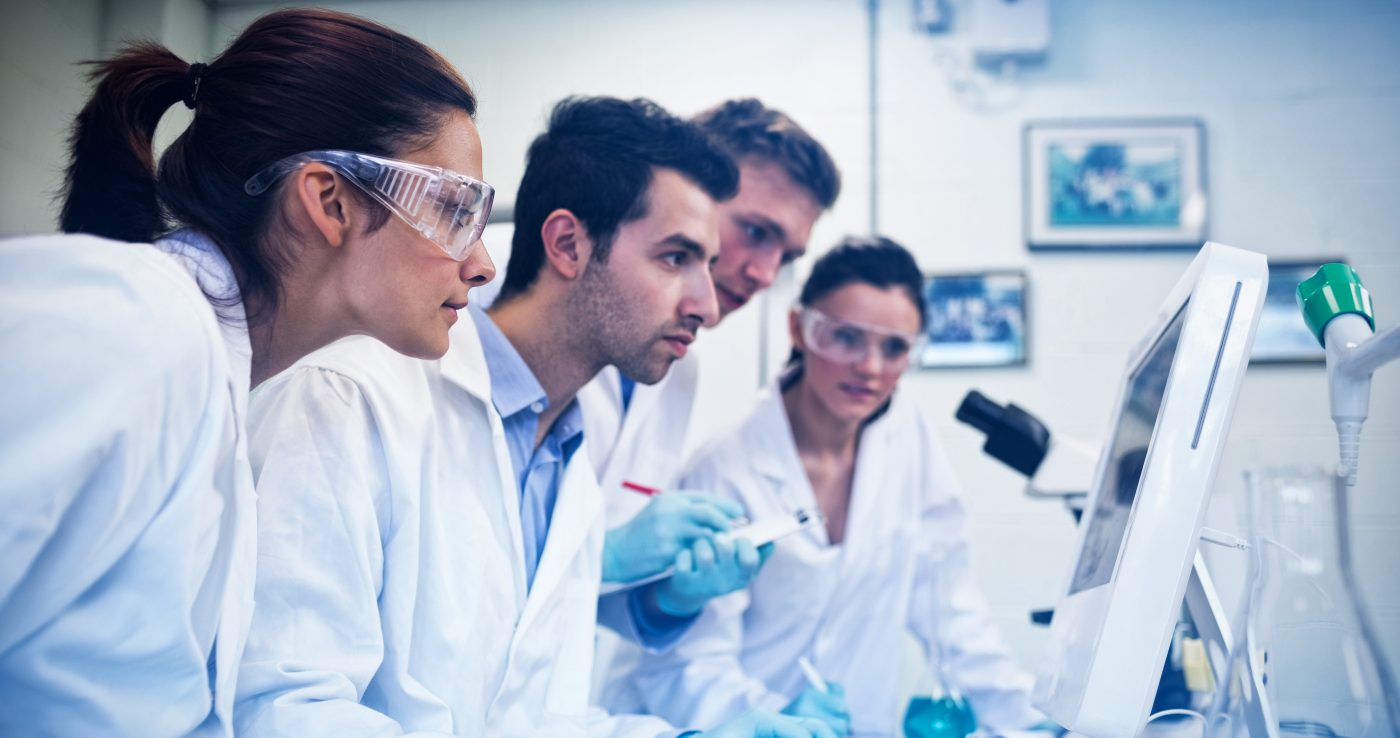All living organisms have metabolic processes that require proteins. These are considered vital as building blocks within such organisms. Proteomics is the procedure of analyzing the role played by these proteins in the normal working of the cell as a component of the living organism.
By 1997 this study had gained attention in comparison to the genomics. The latter was the study of the human genes which was also fascinating to the researchers. During this time the proteome was derived as a result of a modification process that was carried out on a set of proteins.
This study is considered a complex one when compared to genomics. This is because the proteome varies between cell types and over time. This is unlike the genes which remain distinct for particular cell types.
The modification process is one of the approaches used to study these proteins. Phosphorylation is a chemically induced modification that is used to change the behavior of certain protein types. This procedure affects the enzymes and associated protein structures. As a result the protein becomes an attachment point for various types of proteins.
Apart from phosphorylation another modification process is the ubiquitination. In this process ubiquitin which is a minute protein type can be bound to other substrates. This is effected by an enzyme called E3 ubiquitin ligase. Currently there are over twenty thousand unique protein types in the human proteome. The modern methods of identification and evaluation like RNA splicing and proteolysis events are likely to increase the number of discoveries to a staggering half a million. Ultimately the number may come to slightly over a million while the post translational modifications are utilized within the study.
There are various ways to accomplish this complicated protein study. Developing an antibody that is particulate to the protein being studied is one of this ways. Additionally glycosylation of proteins is a process that is basically a sugar modification where lectin binds sugar. Generally a field like pharmacy is likely to benefit from such break through in research resulting into new approaches to drug formulation that will be implemented.
Proteomics makes use of various techniques that include microscale thermophoresis. Other methods include the traditional two hybrid analysis which is a yeast oriented procedure. Generally this study has a clearer result of the metabolic pathways in comparison to genomics. Generally the focus here is on the protein state at the time of the post translational modifications. This is intended to identify what proteins interact after the modification process. In this way the proteome can be developed.
For additionoal information on the scientific study and solutions associated with protein mass spectrometry, stop by http://www.msbioworks.com, an advanced protein mass spectrometry services company.

